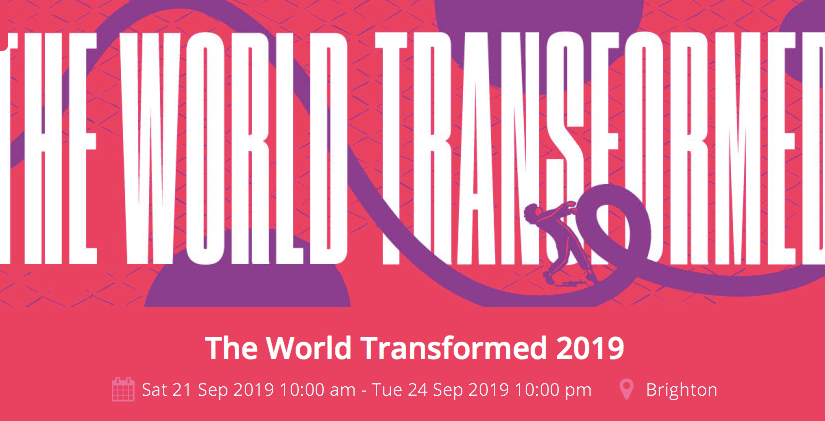This User Led group is for MH survivors and supporters who are fed up with the way colonised ‘recovery’ is being used to discipline and control those who are trying to find a place in the world, to live as they wish, trying to deal with the very real mental distress they encounter on a daily basis.
Recovery In The Bin 18 Key Principles, agreed and adopted by group members on 6th February 2015.
• We oppose the ways in which the concept of ‘recovery’ has been colonised by mental health services, commissioners and policy makers.
• We believe the growing development of this form of the ‘Recovery Model’ is a symptom of neoliberalism, and capitalism is the crisis! Many of us will never be able to ‘recover’ living under these intolerable social and economic conditions, due to the effects of social and economic circumstances such as poor housing, poverty, stigma, racism, sexism, unreasonable work expectations, and countless other barriers.
• We believe “UnRecovered” is a valid and legitimate self-definition, and we emphasise its political and social contrast to “Recovered”. This doesn’t mean we want to remain ‘unwell’ or ‘ill’, but that we reject the new neoliberal intrusion on the word ‘recovery’ that has been redefined, and taken over by market forces, humiliating treatment techniques and atomising outcome measurements.
• We are critical of tools such as “Recovery Stars” as a means of measuring ‘progress’ as they represent a narrow & judgemental view of wellness and self-definition . We do not believe outcome measures are a helpful way to steer policy, techniques or services towards helping people cope with mental distress.
• We believe that mental health services are using ‘recovery’ ideology to mask greater coercion. For example, the claim that Community Treatment Orders are imposed as a “step towards recovery”.
• We demand that no one is put under unnecessary pressure or unreasonable expectations to ‘recover’ by mental health services. For example, being discharged too soon or being pushed into inappropriate employment.
• We object to therapeutic techniques like ‘mindfulness’ and “positive thinking” being used to pacify patients and stifle collective dissent.
• We propose to spread awareness of how neoliberalism and market forces shape the way mental health ‘recovery’ is planned and delivered by services, including those within the voluntary sector.
• We want a robust ‘Social Model of Madness’, from the left of politics, placing mental health within the context of the wider class struggle. We know from experience and evidence that capitalism and social inequality can be bad for your mental health!
• We demand an immediate halt to the erosion of the welfare state, an end to benefits cuts, delays and sanctions, and the abolishment of ‘Work Capability Assessments’ & ‘Workfare’, which are both unfit for purpose. As a consequence of austerity, people are killing themselves, and policy-makers must be held to account.
• We want genuine non-medicalised alternatives, like Open Dialogue and Soteria type houses to be given far greater credence, and sufficient funding, in order to be planned & delivered effectively. (No half measures, redistribution of resources from traditional MH services if necessary).
• We demand the immediate fair redistribution of the country’s wealth, and that all capital for military/nuclear purposes is redirected to progressive User-Led Community/Social Care mental health services.
• We need a broader range of Survivor narratives to be recognised, honoured, respected and promoted that include an understanding of the difficulties and struggles that people face every day when unable to‘recover’, not just ‘successful recovery’ type stories.
• We oppose how ‘Peer Support Workers’ are now expected to have acceptable ‘recovery stories’ that entail gratuitous self-exploration, and versions of ‘successful recovery’ fulfilling expectations, yet no such job requirements are expected of other workers in the mental health sector.
• We refuse to feel compelled to tell our ‘stories’, in order to be validated, whether as Peer Support Workers, Activists, Campaigners and/orAcademics. We believe being made to feel like you have to tell your ‘story’ to justify your experience is a form of disempowerment, under the guise of empowerment.
• We are opposed to “Recovery Colleges” and their establishment, as a cheap alternative to more effective services. Their course contents fall short of being ‘evidence based’, and fail to lead to academic accreditation, recognised by employers.
• We believe that there are core principles of ‘recovery’ that are worth saving, and that the colonisation of ‘recovery’ undermines those principles, which have hitherto championed autonomy and self-determination. These principles cannot be found in a one size fits all technique, or calibrated by an outcome measure. We also believe that autonomy and self-determination, as we are social beings, can only be attained through collective struggle rather than through individualistic striving and aspiration.
• We demand that an independent enquiry is commissioned into the so-called ‘Recovery Model’ and associated ideology that it stems from.
We call for our fellow mental health Survivors and allies to adopt our principles, and join us in campaigning against this new ‘recovery’ ideology by non-violent protest. We know our views about ‘recovery’ will be controversial, and used by supporters of the ideologies behind ‘recovery’ colonisation to try to divide us. However, we seek to balance the protection of existing services valued by Survivors with agitation for fundamental change.
Join us at Recovery In The Bin Facebook Group.
1




